Millets are generally considered safe for individuals with gluten sensitivities or wheat allergies due to their gluten-free nature. Gluten is a protein found in wheat, barley, and rye that can trigger adverse reactions in people with celiac disease or non-celiac gluten sensitivity.
As gluten-free grains, millets—such as sorghum, finger millet (ragi), pearl millet (bajra), foxtail millet, and others—can serve as suitable alternatives for individuals sensitive to gluten or those seeking diverse grains in their diet.
However, while millets are inherently gluten-free, cross-contamination can occur during processing, storage, or handling, especially if facilities process both gluten-containing grains and millets. Therefore, individuals with severe gluten allergies or celiac disease should look for certified gluten-free millet products to avoid potential cross-contamination.
Table of Contents
Millets For Individuals With Allergies:
Generally, millet is considered a safe and suitable option for individuals prone to certain allergies, especially those related to gluten or wheat. Millet is a gluten-free grain, making it a viable choice for people with celiac disease, gluten intolerance, or wheat allergies.
However, while millet is not commonly associated with allergies, some individuals may still have sensitivities or allergic reactions to specific grains, including millets. Allergic reactions can vary from person to person and might include symptoms such as skin rashes, digestive discomfort, respiratory issues, or other allergic responses.
If you're prone to allergies or have concerns about potential reactions to millet or other grains, it's essential to approach new foods cautiously. Consider introducing millet gradually into your diet and monitor for any adverse reactions.
What Are Some Common Allergies That Can Be Prevented By Consuming Millets?
Millet, being a gluten-free grain, is often considered beneficial for individuals with specific allergies or sensitivities, particularly related to gluten found in wheat, barley, and rye. Here are some allergy-related aspects where millet might be advantageous:
- Gluten Sensitivity and Celiac Disease: Millet is naturally devoid of gluten, making it a safe choice for individuals with celiac disease or gluten sensitivity. Celiac disease is an autoimmune disorder triggered by gluten consumption, causing damage to the small intestine. Millet serves as a suitable alternative grain for those adhering to a gluten-free diet to manage these conditions.
- Wheat Allergy: Some people experience adverse reactions to wheat proteins, resulting in allergic symptoms like skin rashes, digestive issues, or respiratory problems. Millet, being unrelated to wheat, can be incorporated into the diet of individuals allergic to wheat, offering a diverse and nutritious grain option without triggering allergic reactions associated with wheat consumption.
- Food Diversity for Allergen Rotation: For individuals with multiple food allergies or sensitivities, introducing millets into the diet provides variety and a potential rotation of grains, reducing the monotony of a restricted diet and preventing over-reliance on a single type of grain.
- General Diversification: Millets offer a broad range of nutrients, minerals, and dietary fiber. Incorporating diverse grains, including millets, in the diet can contribute to a balanced and nutritious eating plan, beneficial for overall health.
What Makes Millet A Safe Grain?
Millet is often considered a safe grain for various reasons:
- Gluten-Free Nature: One of the primary reasons millet is deemed safe for many individuals is its inherent gluten-free composition. Gluten, found in grains like wheat, barley, and rye, triggers adverse reactions in people with celiac disease or gluten sensitivity. Millet, being naturally devoid of gluten, provides a safe alternative for those requiring a gluten-free diet.
- Diverse Nutritional Profile: Millets offer a rich array of nutrients, including vitamins, minerals (such as magnesium and phosphorus), antioxidants, and dietary fiber. This nutritional profile contributes to its status as a safe and wholesome grain choice, catering to various dietary needs.
- Potential Allergen-Friendly Grain: Millet is less common as an allergenic food compared to some other grains. While individuals can have allergies or sensitivities to specific foods, millet is generally recognized as a less allergenic option, providing a safe and diverse grain choice for many people prone to allergies.
- Versatility and Culinary Applications: Millets come in different varieties, such as sorghum, finger millet (ragi), pearl millet (bajra), foxtail millet, and more. Their versatility allows for various culinary uses, catering to different tastes and dietary preferences, thereby offering a safe and adaptable grain option for a wide range of diets.




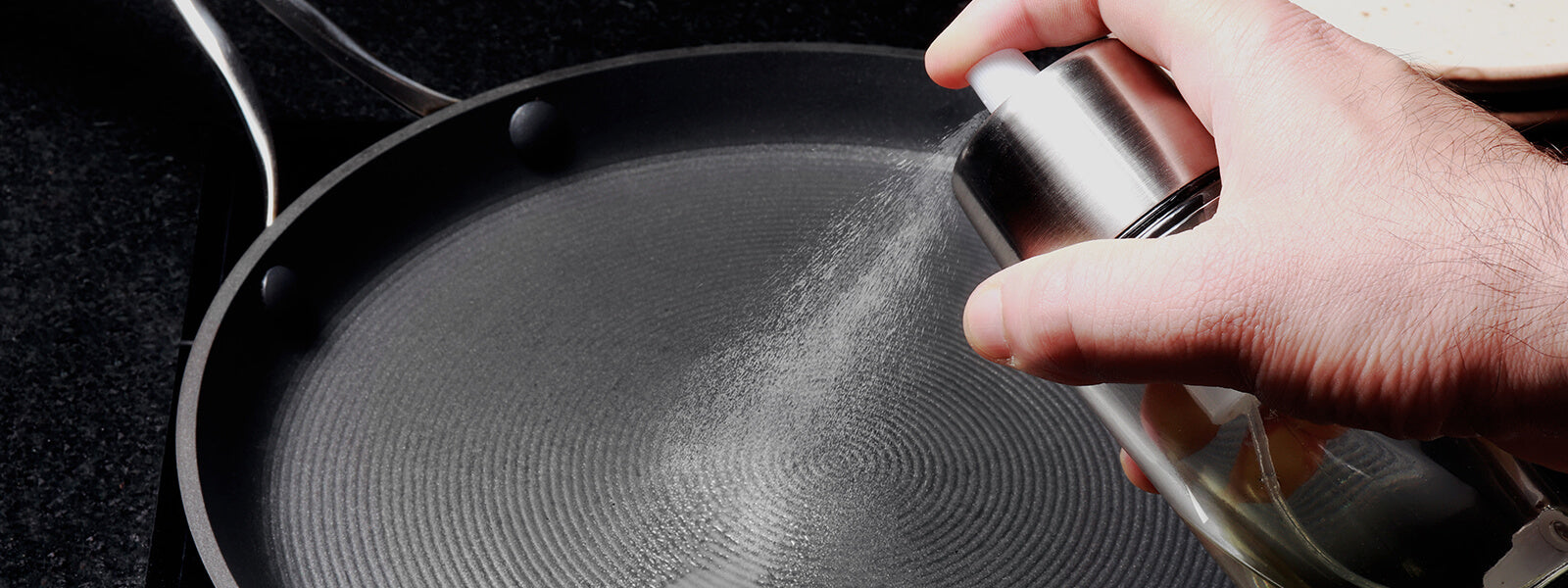
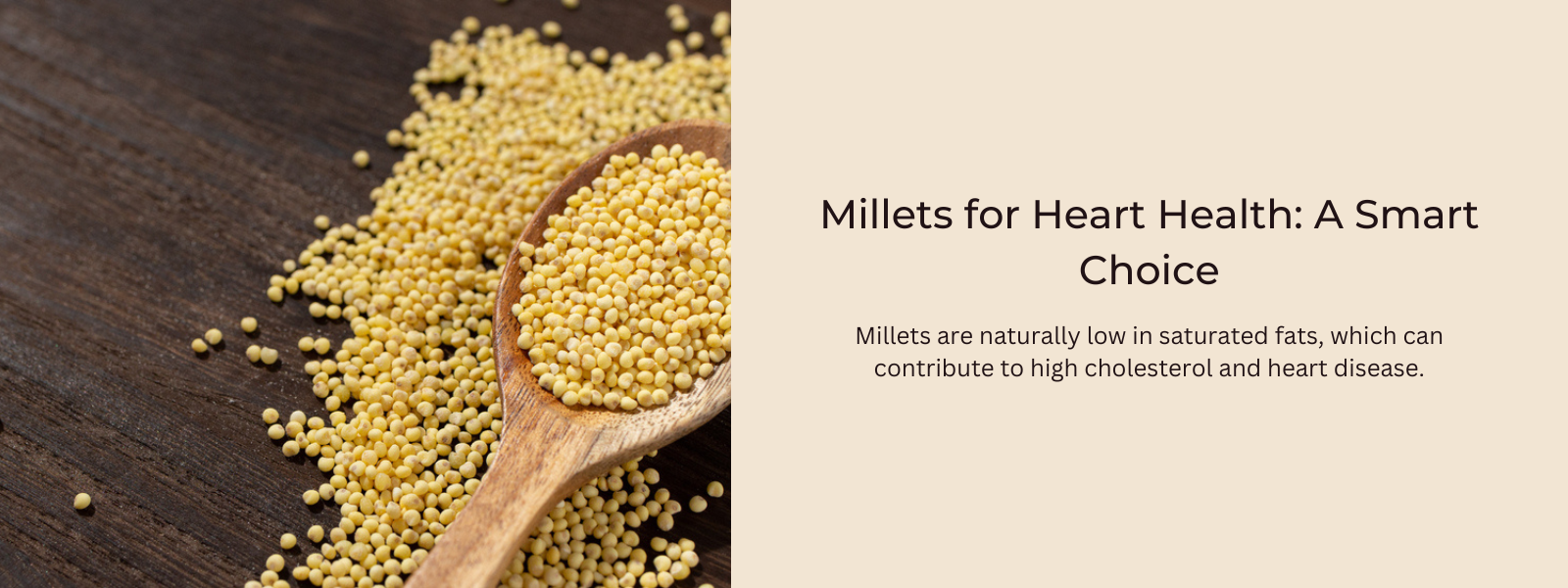
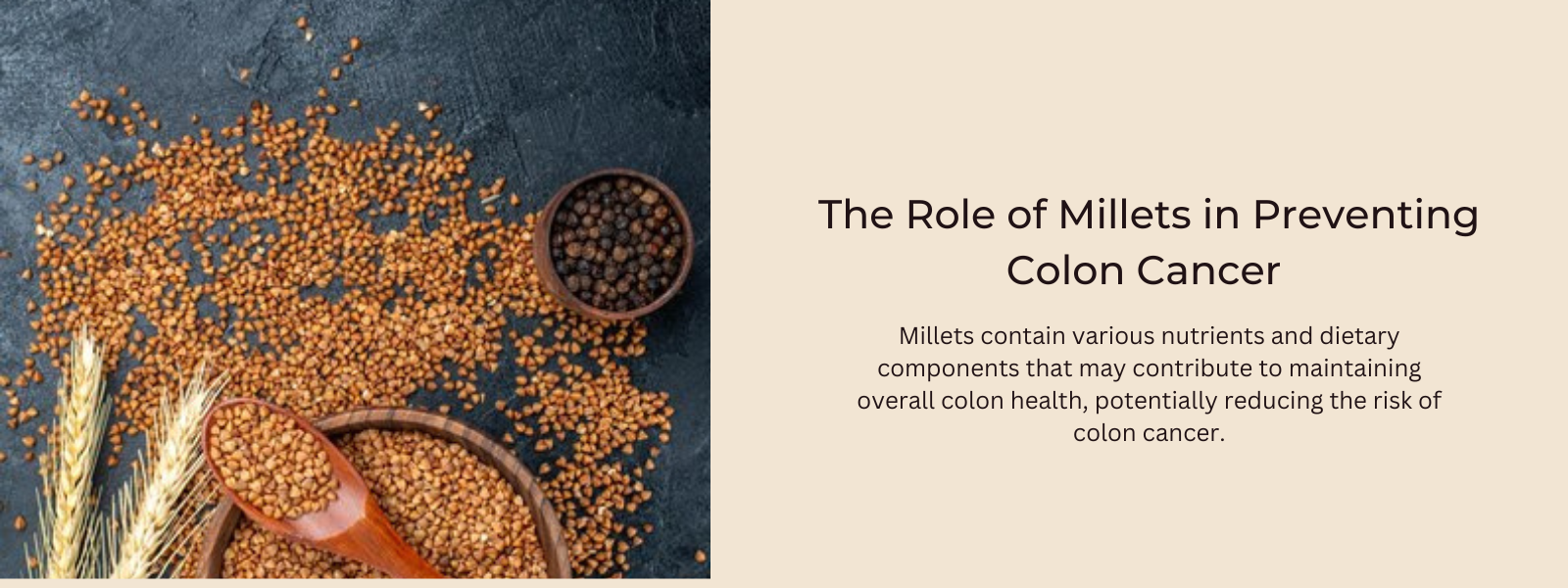
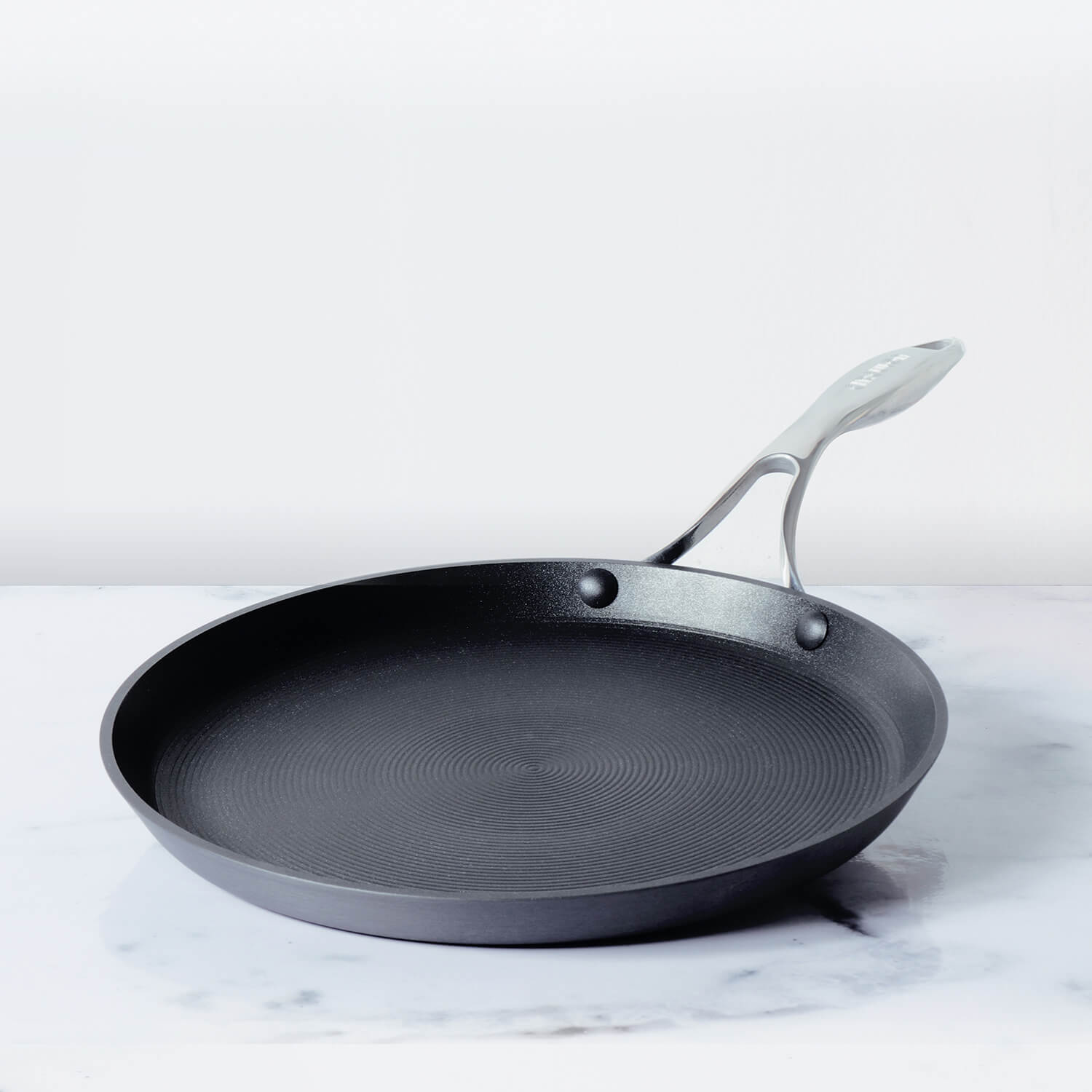
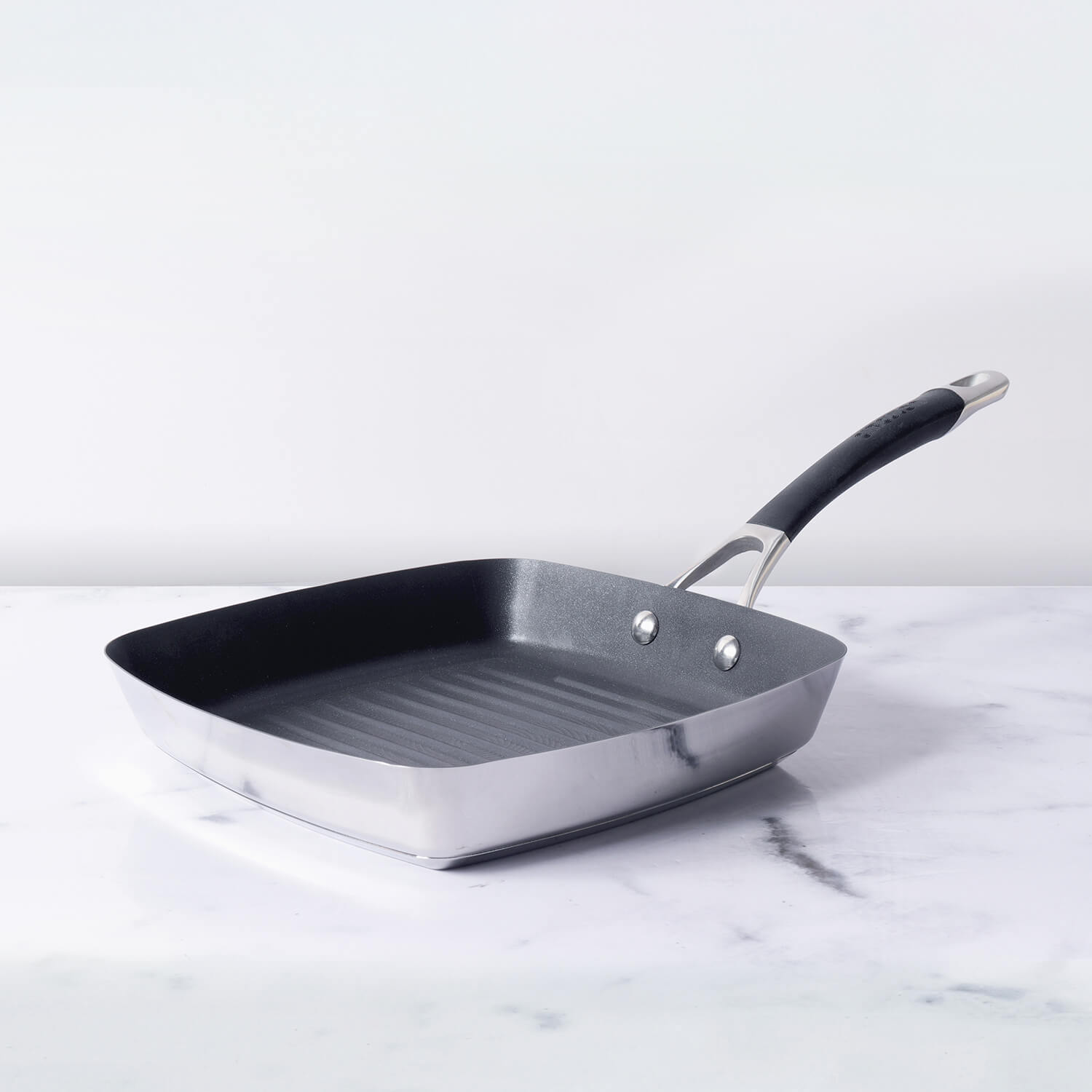




Leave a comment